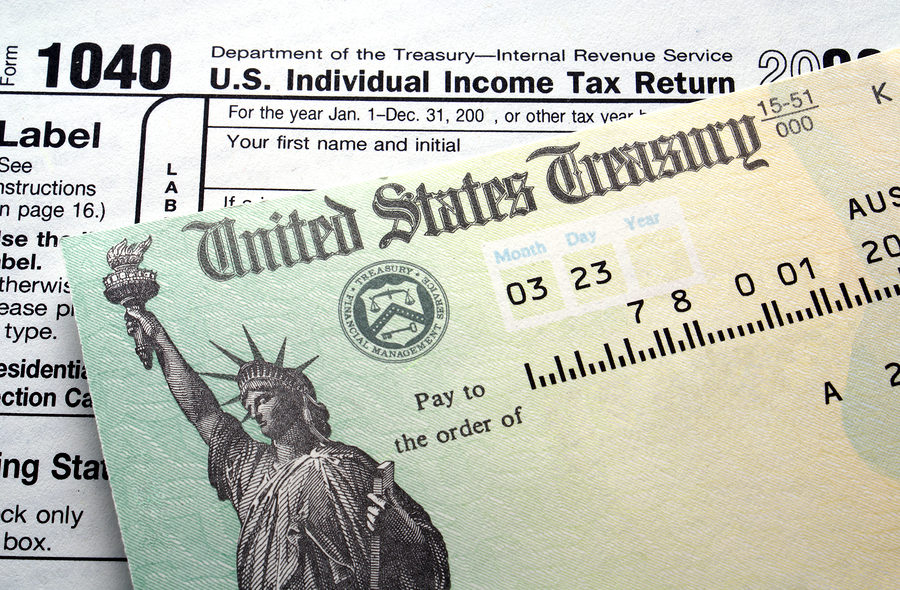The IRS has announced it will stop providing a number of taxpayer assistance services in person or over the phone and will instead shift to serving customers online. According to the IRS, the move is designed to free up employees to help taxpayers deal with issues, such as identity theft, that cannot be resolved through over avenues.
Changes are being made in the following areas:
1.) Tax Return Preparation. The IRS has always provided limited tax return preparation services at its walk-in offices, but beginning in 2014 this help will be further reduced, as taxpayers will be directed to the more than 13,000 volunteer tax preparation sites instead of the 250 IRS walk-in offices.
2.) Transcript Delivery. Beginning in 2014, the IRS will debut its “Get Transcript” service, which will allow individual taxpayers to use their Social Security numbers to view and print a copy of their tax transcript. Get Transcript will be available for the following types of transcripts: tax account, tax return, record of account, wage and income and verification of non-filing.
3.) Tax Law Assistance. The IRS will continue to answer basic questions, such as who qualifies as a dependent, who can take an exemption, etc., but will refer more complex questions to resources found on the IRS website.
4.) Refund inquiries. The most common question taxpayers ask according to the IRS are questions related to the status of a refund. This year, taxpayers will be able to check the status of their refund using the IRS’s online tool, “Where’s My Refund?”
5.) EIN’s: Beginning with the 2014 filing season, the IRS will handle all EIN requests using the Online Assistant, with only those with a previously assigned EIN being referred to an IRS representative.
6.) Practitioner Priority Service: Starting in January, the use of the Practitioner Priority Service will no longer be available to taxpayers; it will be restricted to tax practitioners who are trying to resolve issues for their clients.
7.) Filing season for business tax returns. The IRS announced that the filing season for individual returns will begin January 31. This is later than the originally planned start date of January 21 due to the government shutdown in October. Filing season for business tax returns, however, will not be similarly delayed. The IRS announced that on January 13, 2014, it will begin accepting both paper and electronically filed business and excise tax returns.
Click here to read more on this story.
If you are in a financial crisis and are considering filing bankruptcy, contact an experienced Miami bankruptcy attorney who can advise you of all of your options. As an experienced CPA as well as a proven bankruptcy lawyer, Timothy Kingcade knows how to help clients take full advantage of the bankruptcy laws to protect their assets and get successful results. Since 1996 Kingcade & Garcia, P.A. has been helping people from all walks of life build a better tomorrow. Our attorneys’ help thousands of people every year take advantage of their rights under bankruptcy protection to restart, rebuild and recover. The day you hire our firm, we will contact your creditors to stop the harassment. You can also find useful consumer information on the Kingcade & Garcia website at www.miamibankruptcy.com.


